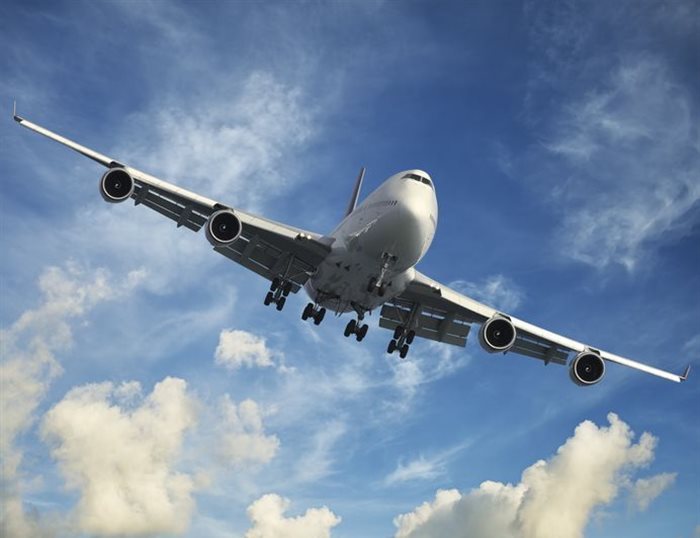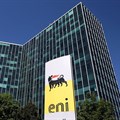Sasol said on Wednesday, 21 June, it had agreed to form a sustainable aviation fuel (SAF) joint venture with Danish decarbonisation company Topsoe as part of a global drive to combat climate change.
Sasol, the world's biggest producer of fuels and chemicals from coal and gas, is working to cut its emissions by 30% by 2030. Topsoe is a global developer and supplier of decarbonisation technology, catalysts and services for the transition to clean energy.
The aviation industry contributes more than 2% of global energy-related emissions, according to the International Energy Agency.
SAF, made from non-petroleum materials such as agricultural waste, has similar properties to conventional jet fuel but with a significantly lower carbon footprint.
The proposed Sasol-Tospoe joint venture plans to lay the foundation for the industrial production of SAFs, the two companies said in a joint statement.
"The purpose of the Sasol Topsoe JV is to develop, build, own, and operate sustainable aviation fuel plants, and market sustainable aviation fuels derived primarily from non-fossil feedstock, utilising green hydrogen, sustainable sources of carbon dioxide and biomass," the companies said.
Francesca Landini 1 Jun 2023 Joint venture subject to approval
The establishment of the joint venture is subject to approval by authorities in their respective jurisdictions, the two companies added.
Sasol CEO Fleetwood Grobler told Reuters the regulatory approvals should be in place by the end of this year.
The European Union has set rules that will require fuel suppliers to ensure they can make 2% of fuel available at EU airports SAF by 2025, rising to 6% in 2030, 20% in 2035 and gradually to 70% in 2050.
But airlines have criticised the move, saying a global approach to increasing production of SAF - which is currently two to four times more expensive than traditional jet fuel - or tax incentives like those introduced by the United States under the Inflation Reduction Act would be more effective.
"There is going to be huge demand for SAF as the regulatory measures come into effect. At the moment, sustainable aviation fuel is just a fraction of the jet fuel sold every year," Grobler said.























































